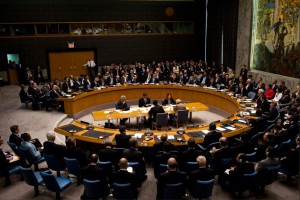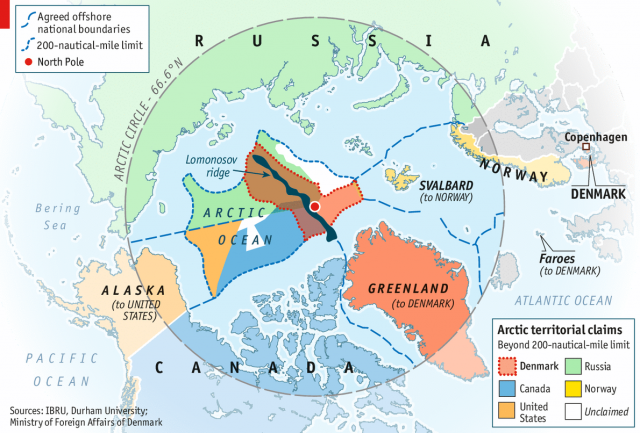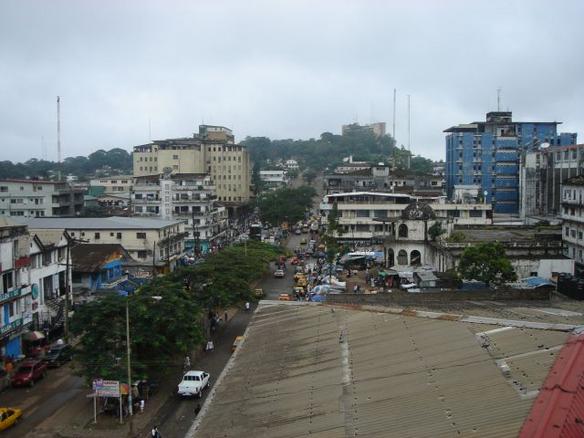2015 marks the 70th anniversary of the creation of the United Nations (UN), an organization designed as an antidote to the great power machinations that triggered two cataclysmic world wars in less than 30 years. Despite the spirit of collaboration and impartiality in which it was founded, the UN’s history is largely a tale of self-interest and preservation of privileges among its most powerful members, leaving others feeling marginalized as they struggle to have their voices heard.
The composition of the UN’s permanent Security Council (P-5) – currently made up of China, France, Russia, the United Kingdom, and the United States – has come in for particular criticism, generating calls for change. The main problem with the Security Council is that it represents the geopolitical realities of the immediate post-war era, and does not reflect how power among states has since been redistributed.
As a 2012 McKinsey Global Institute report highlighted, the world’s economic centre of gravity has dramatically shifted from west to east over only a few decades, as traditional economic powerhouses such as the United States and Britain face competition from ascending newcomers like India and Indonesia.
The current set-up of the world’s most powerful decision-making bodies has not kept pace with this change in global dynamics. The P-5, in particular, continues to wield disproportionate influence over issues of global governance. Its members’ resort to the use of the veto power has come at the expense of conflict resolution and the alleviation of human suffering. Most recently, the use of this power, or even the threat to invoke it, has prevented the UN from working within its mandate in conflicts in Syria, the Gaza Strip, and Ukraine, forcing the international community to stand by while tensions and death tolls increase.
The Security Council also struggles with a serious representation problem that has compromised its democracy. Although the 10 elected non-permanent members are required to represent all geographic regions, the P-5 does not have representation from Africa or Latin America. Regions with pressing problems are at risk of neglect by the UN and its resources if intervention does not suit the political interests of any of the P-5.
The P-5’s ability to veto resolutions also undermines the UN’s democratic process. In situations when the veto power is used, the collaborative efforts and diplomatic negotiations that take place during the creation of a resolution on the part of all Member States are effectively nullified, and the will of the majority is not expressed.
Over the years, several proposals for Security Council reform have been advanced. All have focused on expanding membership within the permanent and non-permanent seats, and ensuring that all regions of the world are adequately represented. Yet proponents of change have not reached agreement on how to determine the qualifications for new permanent members, nor have they established a suitable process for choosing the new members should any reforms take place. Nevertheless, this abundance of ideas suggests that the desire for change is there.
There is some indication that the P-5 also realize the need for reform. The United States, for example, has expressed support for adding India as a permanent member to an enlarged Security Council, and France recently requested a gentleman’s agreement with the other P-5 members to refrain from vetoing resolutions meant to assist with human suffering.
The paradox of Security Council reform, however, is that UN rules stipulate that the P-5 must unanimously agree to relinquish some of its power to make way for any changes to the Council’s organization. Any proposed change will likely clash with the interests of at least one P-5 member and be vetoed. For this reason alone, much needed reform will continue to elude the Security Council, and concerted efforts to deal with many of the world’s trouble spots will remain more of an ideal than a reality.




